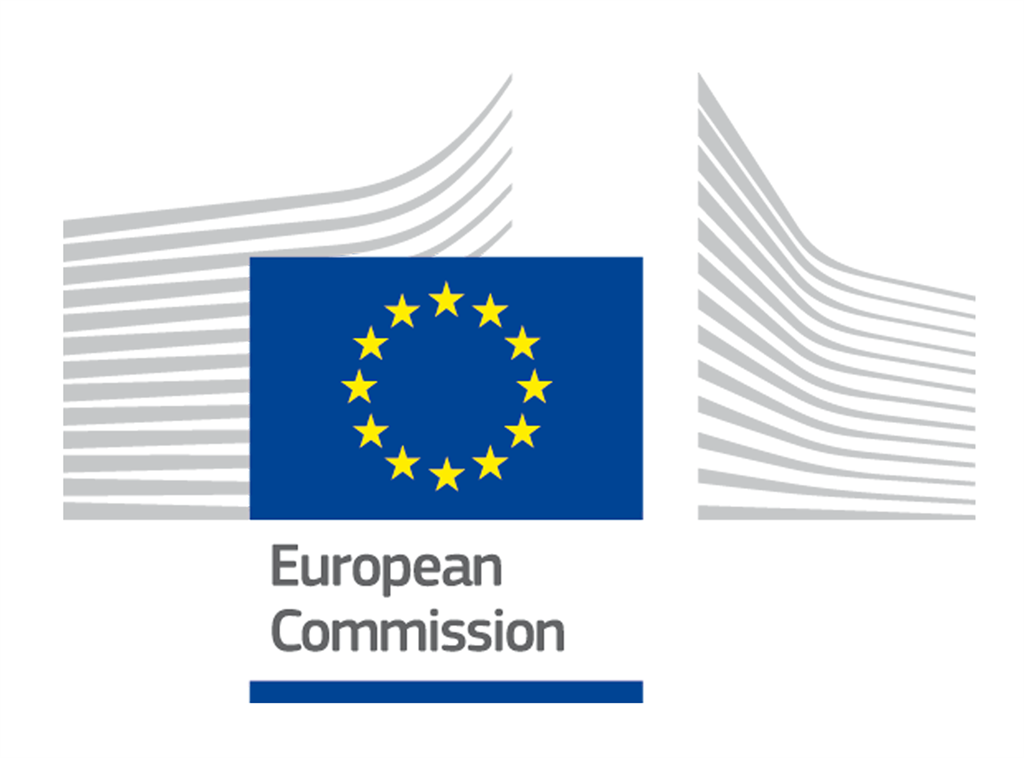Community / Land projects / Building the next generation LDN investment pipeline through national Technical Assistance Hubs
Building the next generation LDN investment pipeline through national Technical Assistance Hubs

€1815870.71
05/23 - 05/23
Completed
This project is part of
Implementing Organisations
Donors
Data Providers
Objectives
Project Objective: To build capacity and mobilize the local public and private sector in target countries to unlock blended finance investment in land degradation neutrality.
Other
Note: Disbursement data provided is cumulative and covers disbursement made by the project Agency.
Target Groups
The project aims to benefit 9,500 community members engaged in the businesses supported by the National TA hub. As a result, one of the most direct socio-economic benefits of this project is the creation of either jobs or livelihood opportunities for those engaged in the supply chains of the target businesses. The project will also strengthen the capacity of SMEs, cooperatives, and community enterprises, improving their ability to access funding in the future. It will also leave in place a hub that will be able to support other SMEs after the lifetime of the project. In addition to this the project will have the following broader socio-economic benefits: Climate security & vulnerability The provision of TA hub support will encourage and scale up the adoption of more climate resilient production practices than under a baseline scenario. For example projects supported by the LDNF TAF to date (e.g. Café Selva Norte) are targeted enhanced land productivity, increases in soil organic matter and the adoption of agroforestry, all outcomes that contribute to increasing the climate resilience of farmers and producers. Support from the TA hub will also improve the resilience of the businesses themselves to climate shocks, by helping secure greater investment and profitability in the long term. This will in turn allow them to continue employing workers and using suppliers in their supply chain. This has been evidenced during the GEF 6 TAF project, where TAF-supported companies have improved the technical quality of their investment proposals to the LDNF and received LDNF investment as a result. Only commodities and value chains that don’t face short-medium existential threats from climate change will be selected for support. For example, the TA hub will not focus on commodities in landscapes where in the next 20-30 years climate change is projected to make it an unviable crop in that region. Water security In a similar manner to climate security, the production practices supported by the TA hub will help contribute to enhanced water security. This will be achieved via more water resource efficient practices, conservation agriculture and improved soil structure and water retention capacity. This will mean less water is needed to achieve similar levels of productive output. For example, in conservation agriculture systems in Mexico water requirements have reduced by 17% in comparison to conventional agriculture. Food security & health Support provided by the TA Hub will help SMEs operating in the land use sector to access greater investment. This will help create new jobs, achieve advances in productivity, allowing for greater food crop yields, and for cash crops, enhanced profitability will help the producers and farmers in their supply chain earn more and increase household food security. Increased household incomes will also support improved household health. LDN Fund investments supported by the TAF to date have enabled businesses to create jobs and improve household incomes. For example, the LDN Fund investment in Miro Forestry in Ghana is creating 1,500 additional jobs in its local communities and Mountain Hazelnut Ventures in Bhutan is providing a doubling of income for 15,000 households. For the businesses themselves, the TA provided may contribute to improved labor conditions on farms, also leading to improved health outcomes for farm workers. In some cases (as demonstrated in the LDN TAF’s support to Mountain Hazelnut Ventures in Bhutan) TA Hub support can help the commercialization of sustainably produced non-timber forest products (including foodstuffs) or can enhance sustainable production and commercialization of food that is traded in local and regional markets, such as plantain, grains, cassava and citrus, which can also enhance food security in the local area or the region. This is often the case when working with farmers to transition from monoculture to agroforestry or intercropping schemes. Access to new markets Some of the businesses supported by the TA Hub may gain access to new markets, which will allow them to expand in the future and become more sustainable over the long term. It may also raise awareness amongst customers in these new markets of Colombian products, quality, and pricing, which could provide a broader benefit to producers and companies delivering this product in the region in the question.



